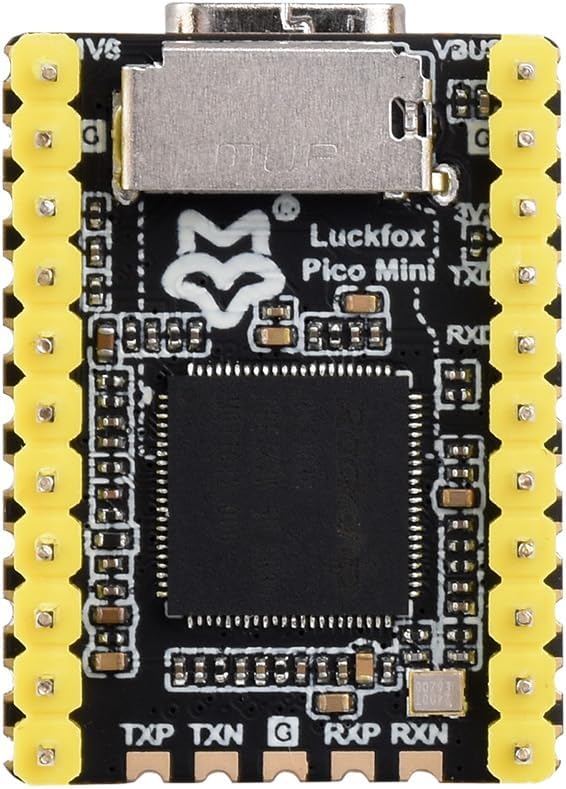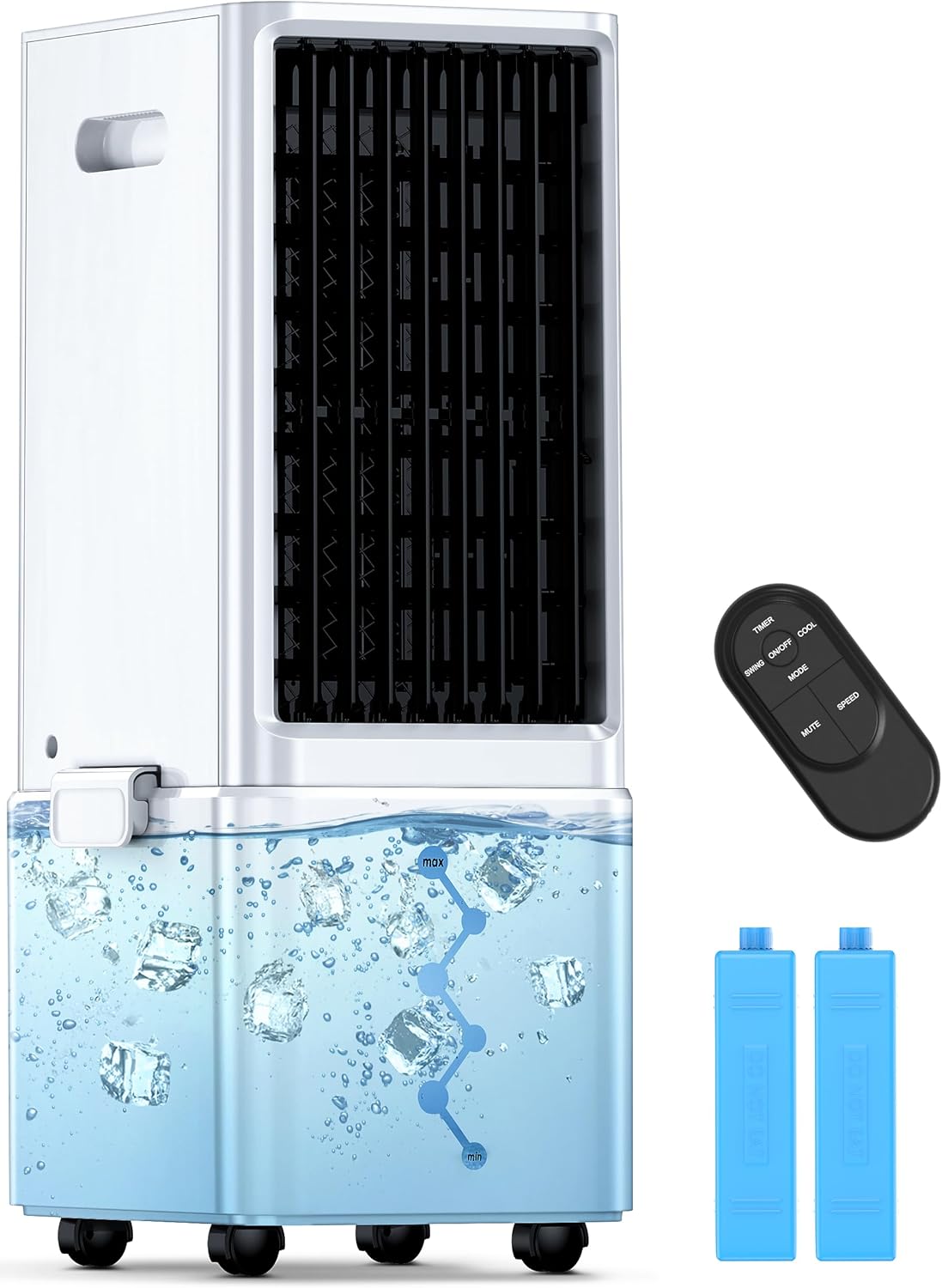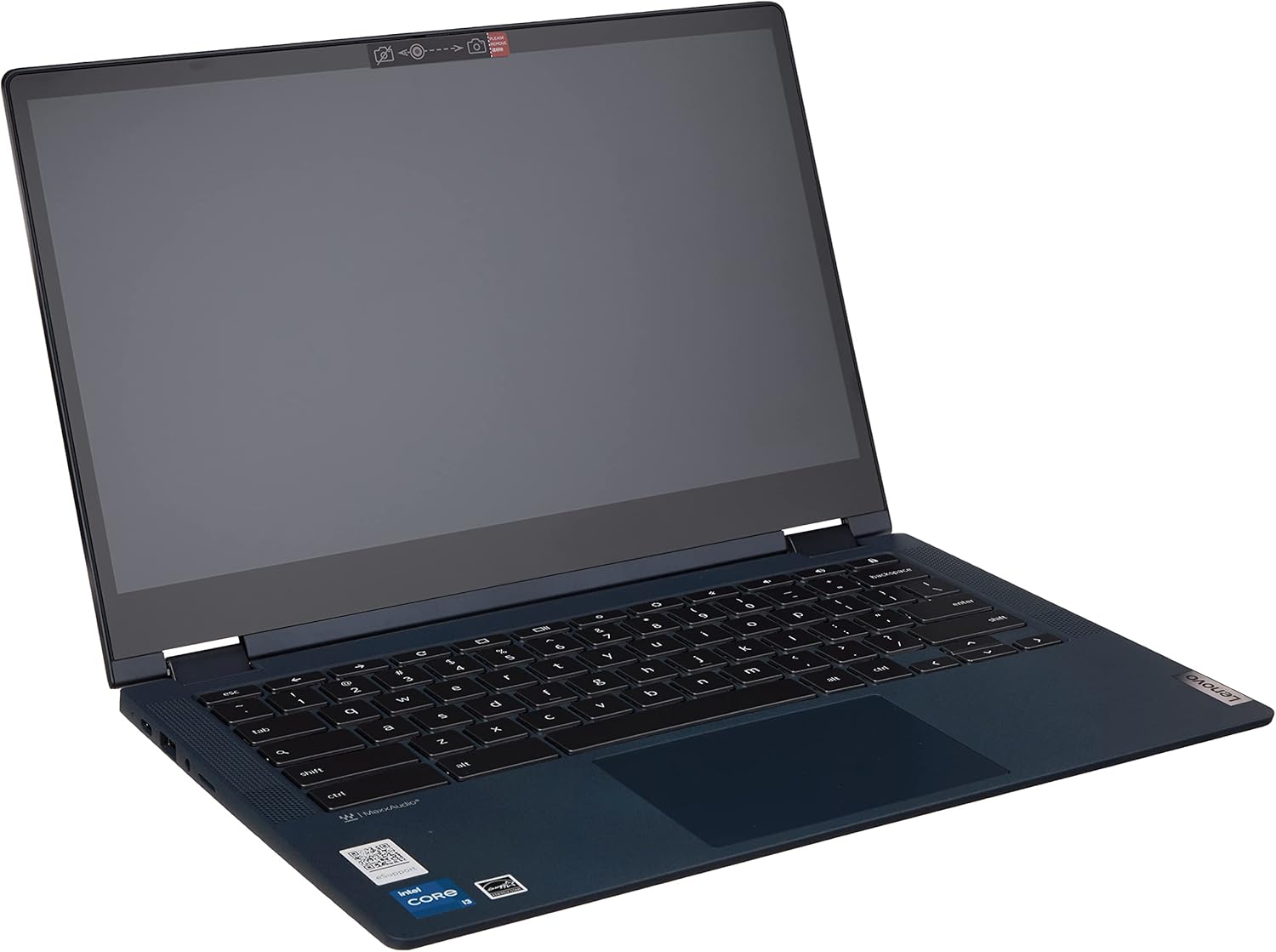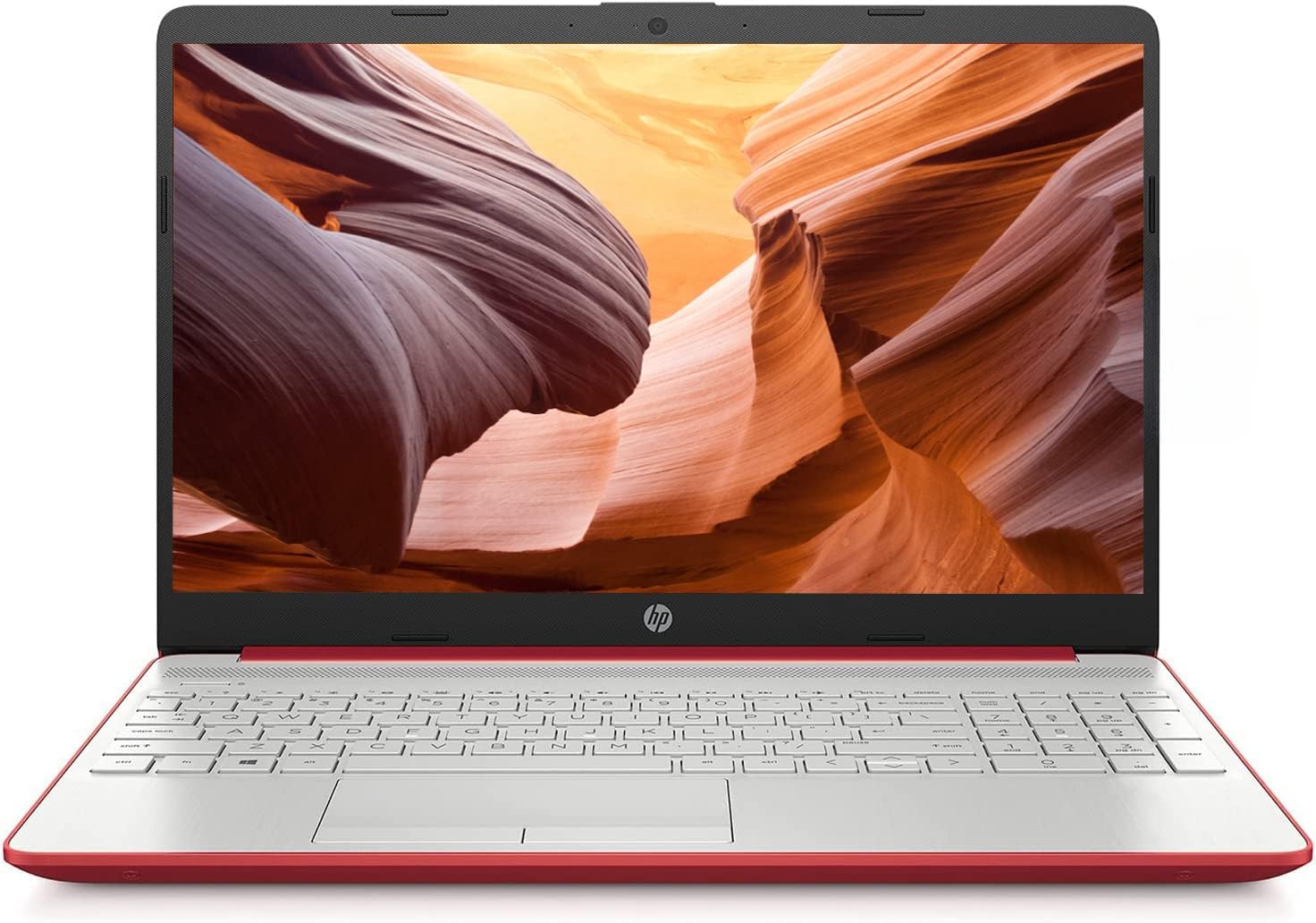







Price: $12.99
(as of Apr 12, 2025 00:11:48 UTC - Details)
The Best ISP: A Comprehensive Review
Introduction
Finding the best Internet Service Provider (ISP) can feel like searching for a needle in a haystack. With so many options available, how do you know which one will meet your needs? Whether you’re a casual browser, a streaming enthusiast, or a remote worker, the right ISP can make all the difference. In this article, we will dive deep into the best ISPs available today, focusing on their features, pricing, and customer service. By the end, you'll have a clearer picture of which ISP is the best fit for you.
Understanding Different Types of Internet Connections
When searching for the best ISP, it’s essential to know the different types of internet connections available. This knowledge will help you make an informed decision.
Cable Internet: Fast and Reliable
Cable internet is one of the most common types of internet connections. It uses the same coaxial cables that deliver cable television. If you're looking for speed, cable ISPs often offer plans with high download speeds, making them great for streaming and gaming.
DSL Internet: A Budget-Friendly Option
Digital Subscriber Line (DSL) internet is delivered over traditional phone lines. It’s often more affordable than cable and can still provide decent speeds. It’s a great option for those who may not need ultra-fast internet but still want a reliable connection.
Fiber Optic Internet: The Speed Champion
Fiber optic internet is the fastest option available. It uses light signals to transmit data, resulting in incredibly high speeds. If you’re a heavy user who frequently downloads large files or streams in 4K, fiber optic might be the best ISP choice for you.
Satellite Internet: The Go-To for Rural Areas
If you live in a rural area where traditional connections aren't available, satellite internet may be your best bet. While it can be slower and more expensive, it provides internet access where other options can’t reach.
Fixed Wireless: A Newer Alternative
Fixed wireless internet is another option for those in rural areas. It uses radio signals to connect to a nearby tower. It tends to be faster than satellite but can be affected by weather conditions.
Evaluating ISP Plans and Pricing
When considering the best ISP for your needs, take a close look at their plans and pricing. Different ISPs offer various packages, and understanding these can save you money.
Monthly Pricing: What to Expect
Most ISPs have a range of plans with different price points. Budget-friendly options might start at around $30 per month, while high-speed plans can go well over $100. Look for introductory offers that can lower your costs for the first few months.
Data Caps: Know Your Limits
Some ISPs impose data caps that limit the amount of data you can use each month. Exceeding these limits can lead to extra fees or throttled speeds. If you’re a heavy user, opt for an ISP with no data caps or one that offers unlimited plans.
Bundled Services: Convenience and Savings
Many ISPs offer bundled services that combine internet, television, and phone services. Bundles might save you money compared to purchasing each service separately. If you need multiple services, this can be a great way to simplify your bills.
Customer Service: The Unsung Hero of ISPs
Customer service can make or break your experience with an ISP. A provider with excellent support can turn a frustrating situation into a manageable one.
Response Times: How Quickly Can They Help?
When issues arise, you want an ISP that responds quickly. Look for companies known for shorter wait times and effective customer support. Reading reviews and ratings can help you gauge a provider’s responsiveness.
Availability of Support Channels
Check what support channels are available. Is there a hotline you can call? Do they offer live chat support? Having multiple ways to reach customer service can enhance your experience.
Problem Resolution: How Effective Are They?
It’s not just about how quickly you can reach them, but how effectively they can solve your problems. Look for ISPs with a reputation for resolving issues promptly and efficiently.
Speed and Performance: What to Expect
One of the most critical factors in choosing the best ISP is the speed and performance you can expect.
Download and Upload Speeds: The Essentials
Different packages provide various download and upload speeds. If you do a lot of video conferencing or upload large files, prioritize ISPs offering higher upload speeds. A good benchmark for download speed is at least 25 Mbps for a household with multiple users.
Consistency: Is the Speed Reliable?
High speeds are great, but consistency is key. Look for ISPs known for delivering the promised speeds consistently, even during peak usage times. This reliability can enhance your overall internet experience.
Additional Features to Consider
When selecting the best ISP, consider additional features that might benefit you.
Equipment Rental vs. Purchase
Some ISPs charge a monthly rental fee for their equipment, while others allow you to purchase it outright. Weigh the costs and benefits of each option. If you plan to stay with the ISP long-term, purchasing may save you money over time.
Contracts and Flexibility
Some ISPs require contracts that lock you in for a set period. If you value flexibility, look for providers that offer no-contract plans. This way, you can switch ISPs if your needs change.
Installation Process: Ease and Convenience
Consider how easy it is to install the service. Some ISPs offer self-installation kits, while others send a technician to your home. Evaluate which option works best for your situation and comfort level.
Conclusion
Choosing the best ISP involves considering various factors, including the type of connection, pricing, customer service, speed, and additional features. By understanding your specific needs and doing thorough research, you can find the ISP that will provide the best internet experience for you. Remember, a reliable internet connection is essential in today’s digital age, so take your time and choose wisely. Whether you opt for cable, DSL, fiber, satellite, or fixed wireless, the right ISP is out there for you.
Without FLASH, with pre-soldered header
Single-core ARM Cortex-A7 32-bit core with integrated NEON and FPU. Built-in Rockchip self-developed 4th generation NPU, features high computing precision and supports int4, int8, and int16 hybrid quantization. The computing power of int8 is 0.5 TOPS, and up to 1.0 TOPS with int4
Built-in self-developed third-generation ISP3.2, supports 4-Megapixel, with multiple image enhancement and correction algorithms such as HDR, WDR, multi-level noise reduction, etc. Built-in 16-bit DRAM DDR2, which is capable of sustaining demanding memory bandwidths
Features powerful encoding performance, supports intelligent encoding mode and adaptive stream saving according to the scene, saves more than 50% bit rate of the conventional CBR mode so that the images from camera are high-definition with smaller size, double the storage space. Integrated with built-in POR, audio codec and MAC PHY
Built-in RISC-V MCU supports low power consumption and fast start-up, supports 250ms fast picture capture and loading AI model library at the same time to realize face recognition "in one second"
























